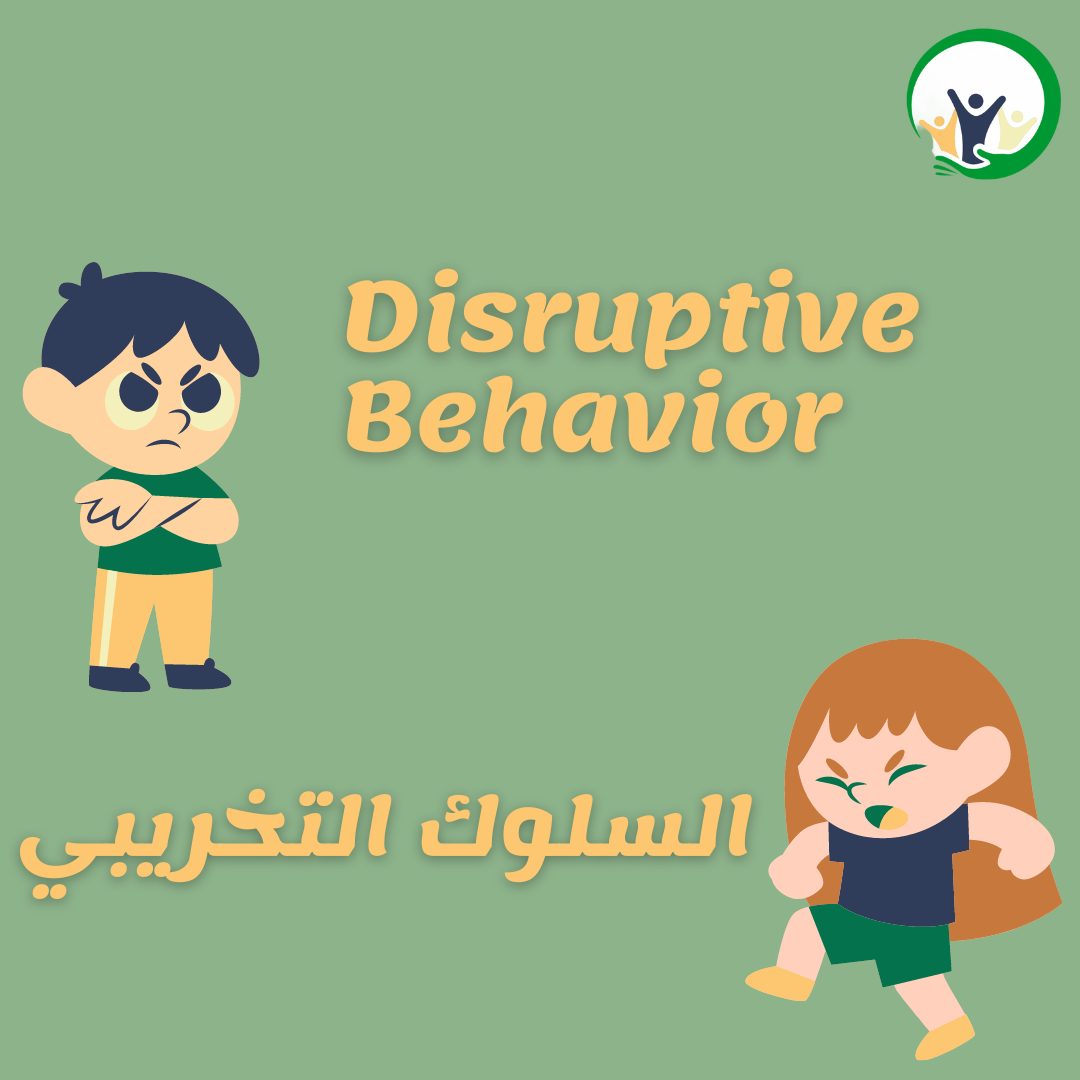Disruptive Behaviour
Children can behave disruptively in class in many different ways. Below is an excerpt from a pupil’s post on the Internet listing varieties of disruptive behaviours in class.
- laughing
- giggling
- talking to others
- yelling
- telling the teacher off
- horseplay
- sending notes
- neglecting homework
- cheating in exams
- answering “I don’t know”
- answering ”duh”
- whistling
- singing
- talking to oneself
- drumming
- criticizing the teacher
- roaming around
- tearing important papers
- swinging on the chair
- drawing onto the desk
- drawing into books or notebooks
- breaking stuff
- swearing
- throwing a finger
- sticking out the tongue
- disturbing teaching deliberately
- exiting class without permission
- texting
- talking on phone
Conventional response
The conventional response to pupils’ disruptive behaviour is punishment; informing the pupil’s parents, issuing a warning, dismissing from class, moving the pupil to the front of the class, scolding the pupil, sending to principal’s office, detention, and temporary expulsion. Punishment does not always work, and may often prove counterproductive exacerbating the very behaviour that it is meant to stop.
The Kids’ Skills Steps offers you more instructions of how to motivate children to change their behavior in a child-friendly manner.
The solution-focused approach
If you are a teacher, it may be useful to assume that pupils do not want to be disruptive. They do not know why they do it but they do know that their behaviour is disturbing. They also understand that their behavior leads to all kinds of problems.
Step by step guidelines
- reserve some time to talk to the pupil one on one
- if you are angry or irritated, find a way to calm yourself down prior to speaking with the pupil
- start the conversation by talking with the pupils about their strengths, skills, abilities, talents, positive character traits, things you appreciate about them, etc.
- instead of immediately revealing your concern, offer the pupil an opportunity to guess what it is that you want to talk to them about; if a child guesses your concern, praise him for his insightfulness , but in case the children do not have clue, tell them what change in their behaviour you would want to see
- refrain from asking the pupil why they behave the way they do; the pupil does not know why they behave the way they do and therefore experiences your well-meaning questions as just another way of telling them off
- instead of talking to the pupils about their disruptive behavior, talk to them about how you would want them to learn to behave instead; like “When you feel the need to start to chat with others, what could you do instead?”, “When you feel like getting of your chair and moving around in the class, what could help you to keep to your place?” “When you get the urge to drum on your desk, what could you do instead that would not make so much noise?” Allow the children to come up with their own suggestions about what could be a better way to act in situations where disruptive behaviour tends to occur
- it is not easy to change one’s behaviour; assume that in order for the pupils to succeed in assuming a new habit, they will need some help or support- therefore ask the children to think about how other people, including their classmates and teachers, can help them to succeed the pupil’s supporters can, for example, help them, when needed, by reminding them of the better behavior in a kind, and mutually agreed upon manner.
- praise the pupils for their progress (even when it is scant) and acknowledge the classmates who have supported them; inform parents about signs of progress and make sure to thank them for their support.
This article is owned by: Kids’Skills http://www.kidsskillsapp.com/

